The first winter after the Second World War was famously brutal across Europe: scarce resources, battered cities, and abnormally cold temperatures that seemed to befit the grief and isolation of the already bereft populace. In distinctive, visually rich prose, with evocative and immediate characterization, Fausta Cialente’s A Very Cold Winter captures both the emotive and physical terrains of this solitudinous and ruptured time in Italian history, tracing the season’s frigidity, desolation, and sense of suspension as it works its way through the city and its people. As our first Book Club selection of the year, it is a novel you can feel in your bones.
The Asymptote Book Club aspires to bring the best in translated fiction every month to readers around the world. You can sign up to receive next month’s selection on our website for as little as USD20 per book; once you’re a member, join our Facebook group for exclusive book club discussions and receive invitations to our members-only Zoom interviews with the author or the translator of each title.
A Very Cold Winter by Fausta Cialente, translated from the Italian by Julia Nelsen, Transit Books, 2026
A woman has been abandoned by her husband—but she doesn’t know why. She now finds herself alone with “perfectly useless” memories, daydreams, idle thoughts, and a family to provide for. To make ends meet, she ends up squatting in a dilapidated third-floor attic with half a dozen relatives.
The premise of Fausta Cialente’s A Very Cold Winter may feel contemporary, but we’re in 1946 Milan: a year after the Liberation, when a city devastated by Fascism and Allied bombings was struck by one of the harshest, longest winters of the century. Originally published in 1966 as Un inverno freddissimo, the novel—Cialente’s first to be written and set in Italy—was met with a curious but mixed critical reception; despite being reprinted a decade later on the occasion of its television adaptation (in 1976, the same year Cialente won the Strega Prize for Le quattro ragazze Wieselberger), A Very Cold Winter has long remained half-forgotten and nearly impossible to find. The novel owes its current resurgence to the Milanese publisher nottetempo, which has reissued several of Cialente’s core works (some featuring scholarly contributions by Emmanuela Carbé, editor of her wartime diary), and to Transit Books, whose publication of Julia Nelsen’s textured translation finally introduces Cialente to a wider Anglophone readership. READ MORE…

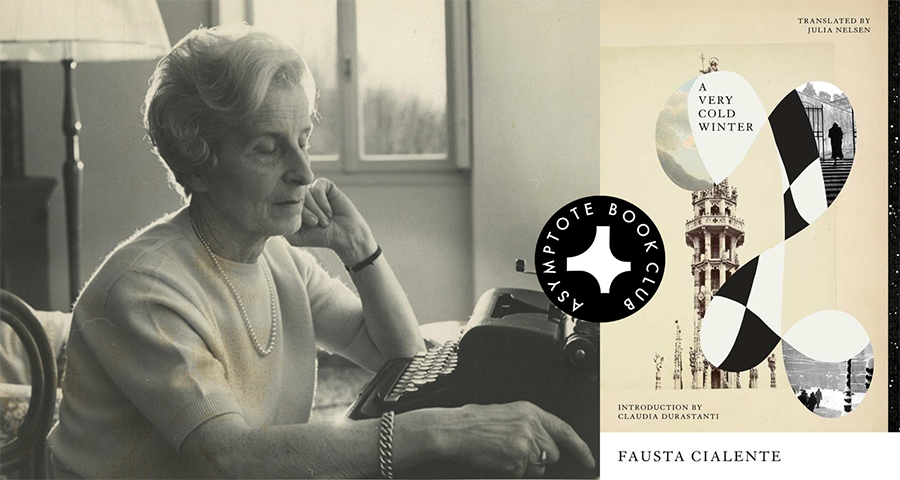
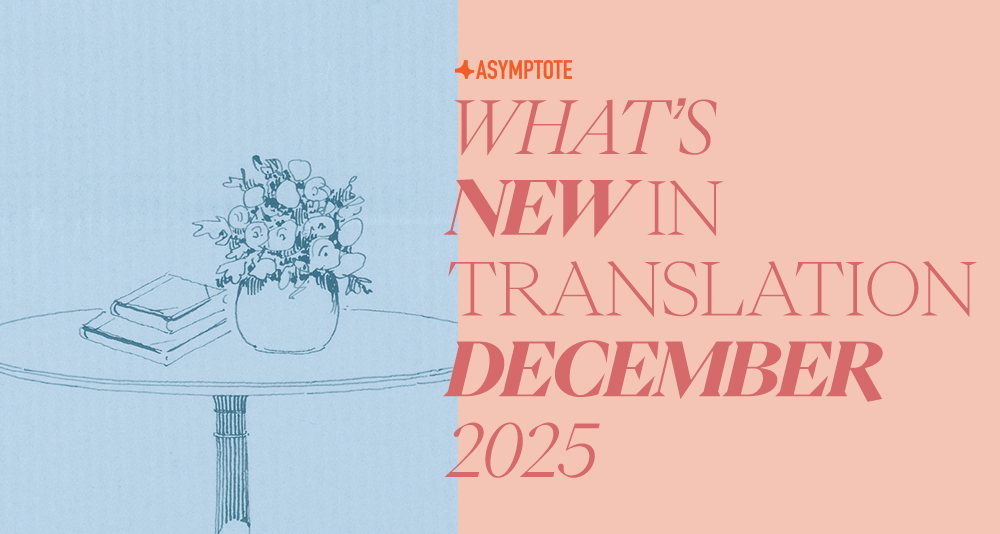
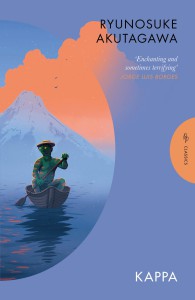



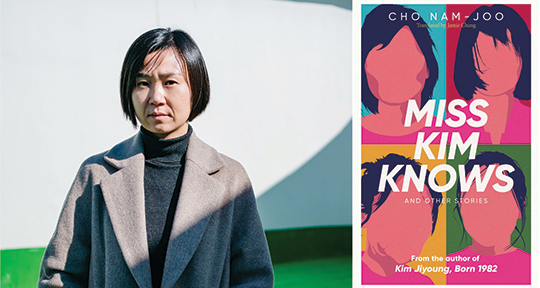
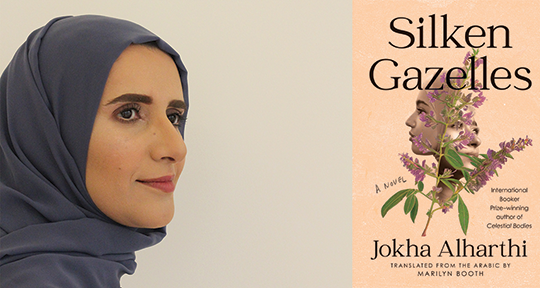






Announcing Our September Book Club Selection: A Long Walk From Gaza by Asmaa Alatawna
Alatawan’s novel is both personal and political; at its heart, it’s a story about freedom.
In Asmaa Alatawna’s mesmerizing and clear-sighted debut novel, A Long Walk from Gaza, the long journey of migration is revealed as a dense mosaic of innumerable moments—a gathering of the many steps one takes in growing up, in fighting back, and in learning the truths about one’s own life. From the Israeli occupation to the daily violences of womanhood, Alatawna’s story links our contemporary conflicts to the perpetual challenges of human society, tracking a mind as it steels itself against judgment and oppression, walking itself towards selfhood’s independent definitions. We are proud to present this title as our Book Club selection for the month of September; as Palestine remains under assault, A Long Walk from Gaza stands as a powerful narrative that resists the dehumanizing rhetoric of war.
The Asymptote Book Club aspires to bring the best in translated fiction every month to readers around the world. You can sign up to receive next month’s selection on our website for as little as USD20 per book; once you’re a member, join our Facebook group for exclusive book club discussions and receive invitations to our members-only Zoom interviews with the author or the translator of each title.
A Long Walk From Gaza by Asmaa Alatawna, translated from the Arabic by Caline Nasrallah and Michelle Hartman, Interlink Publishing, 2024
There are some books that grab you from the very first line and hold your attention tight, right through every single word to the end; even once you’ve finished reading them, they keep delivering with their exquisite phrasings and stunning imagery, their deft, original storytelling. Asmaa Alatawna’s A Long Walk from Gaza, co-translated by Caline Nasrallah and Michelle Hartman, is one such novel. Through her enthralling and thoughtful prose, Alatawna unfolds idea after idea, fact after fact, emotion after emotion, recounting a tumultuous upbringing and journey that moves with both personal and universal resonance.
A Long Walk from Gaza is Alatawna’s debut in both Arabic and English—a semi-fictionalized, coming-of-age novel. Originally published in 2019 as Sura Mafquda, it explores the struggles of a teenage Gazan girl as she rebels against her surroundings, both at home and at school, and her heartbreak as she leaves Gaza for a new life in Europe. Her escape doesn’t resolve her problems but instead introduces new challenges, revealing the persistent, ongoing internal conflict of exile. While portraying life and a childhood under Israeli occupation and oppression, Alatawna also takes an incisive, knowing look at the patriarchal system of her own people. READ MORE…
Contributor:- Ibrahim Fawzy
; Language: - Arabic
; Place: - Palestine
; Writer: - Asmaa Alatawna
; Tags: - exile
, - feminism
, - Interlink Publishing
, - liberation
, - migration
, - occupation
, - social commentary
, - War
, - Women Writers